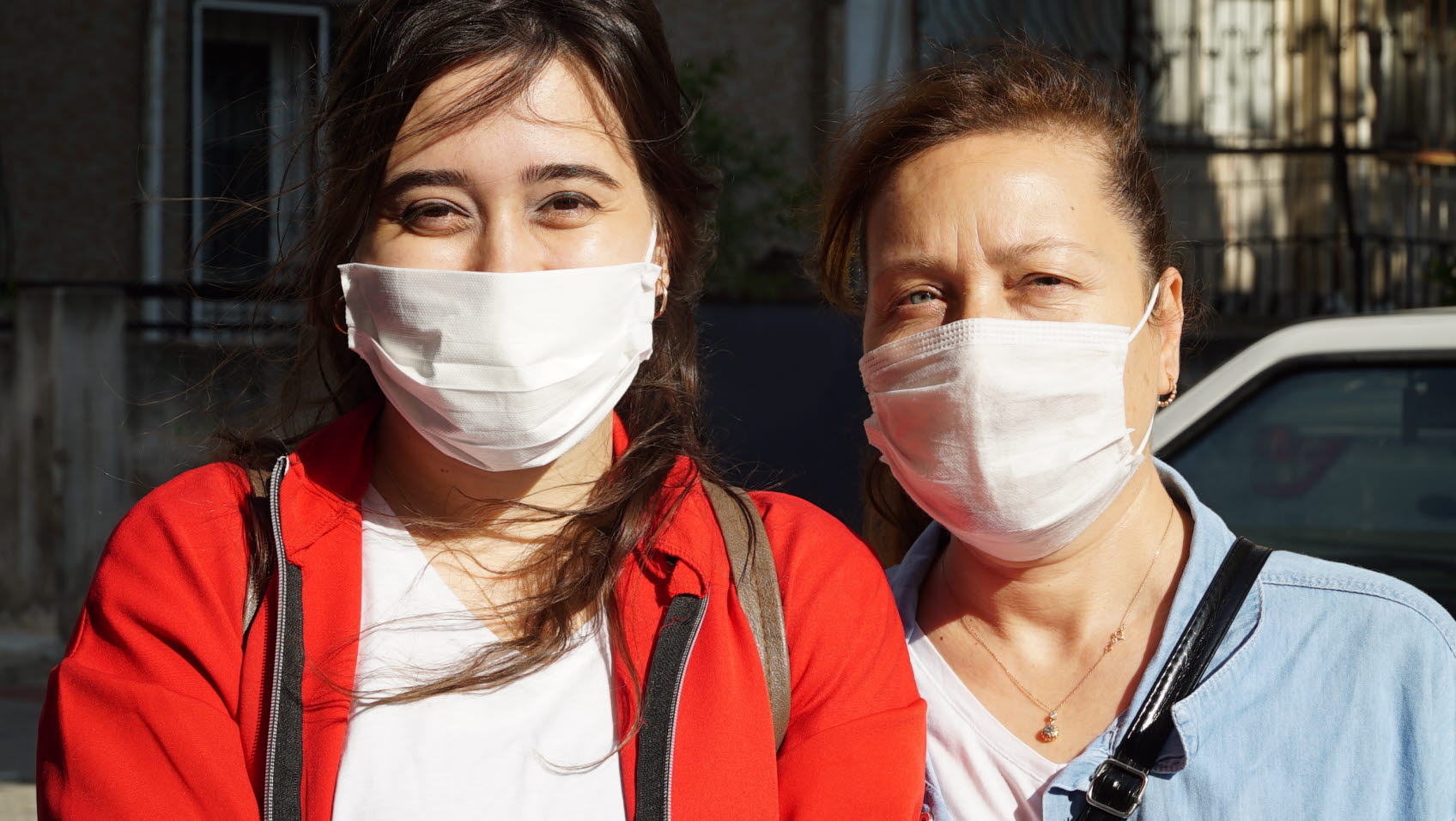Seven Steps to Help You Return to Work and Social Life as COVID Continues

“We’re all in this together.” “It’s a new normal.” These are phrases we’ve been hearing regularly for well over a year. While they were unifying at first, they have gotten old!
We really don’t know what our immediate or long-term future will look like as this pandemic continues. Right now, most of us are having at least some misgivings as we’ve started to return to work, return to our social lives, church, or even return to the grocery store. After all, staying safe is still our top concern, especially for those of us who interact with vulnerable populations.
Any transition can be difficult and stressful, and we’ve had multiple transitions over the last 18 months. Many people have lost loved ones, lost jobs, or undergone other major life changes. A lot of people’s changes weren’t as momentous—changing work locations, not eating in restaurants, or seeing some of our loved ones less and others more than usual.
Not to mention the everyday stress of living in a pandemic. Yet, at the same time, many of us have been fortunate enough to start and reinforce healthy habits and experience positive life changes. Whatever emotions you may feel during this transition period, they are valid.
As we boldly continue with our lives, the tips below can help us feel more comfortable with returning to work and life in general:
- If you haven’t already done so, consider getting a COVID vaccination. Learn more here.
- Stow hand sanitizer in the car, at work, by your front door, at the gym, and anywhere else you (or others) may want to use it. Remember that washing your hands for at least 20 seconds with soap and running water is best, so do it frequently.
- Know the mask requirements of any area you’ll be visiting on vacation, at work, or when seeing friends and family.
- If you’re going to a get-together, make sure you know the host’s or location’s expectations regarding masking, distancing, being indoors/outdoors, etc., so you’re prepared when you get there. If you’re the host, let anticipated guests know of your expectations ahead of time. And think about providing hand sanitizer and disposable masks to make your guests more comfortable.
- Remember that we don’t always know whether someone is high-risk for getting COVID, or is caring for a high-risk person, so those individuals may not be as comfortable in more crowded settings as others. If you can, include them virtually.
- If you’re not feeling well, even if you think it’s just a cold, stay home until you know for sure what it is.
- Pay attention to your mental health. When you feel anxiety building, or you feel overwhelmed, practice some stress relief. Take a few deep breaths, exercise, or do something that helps keep you calm. Take advantage of resources recommended by your doctor, community health resources, or support services offered by your employer.
